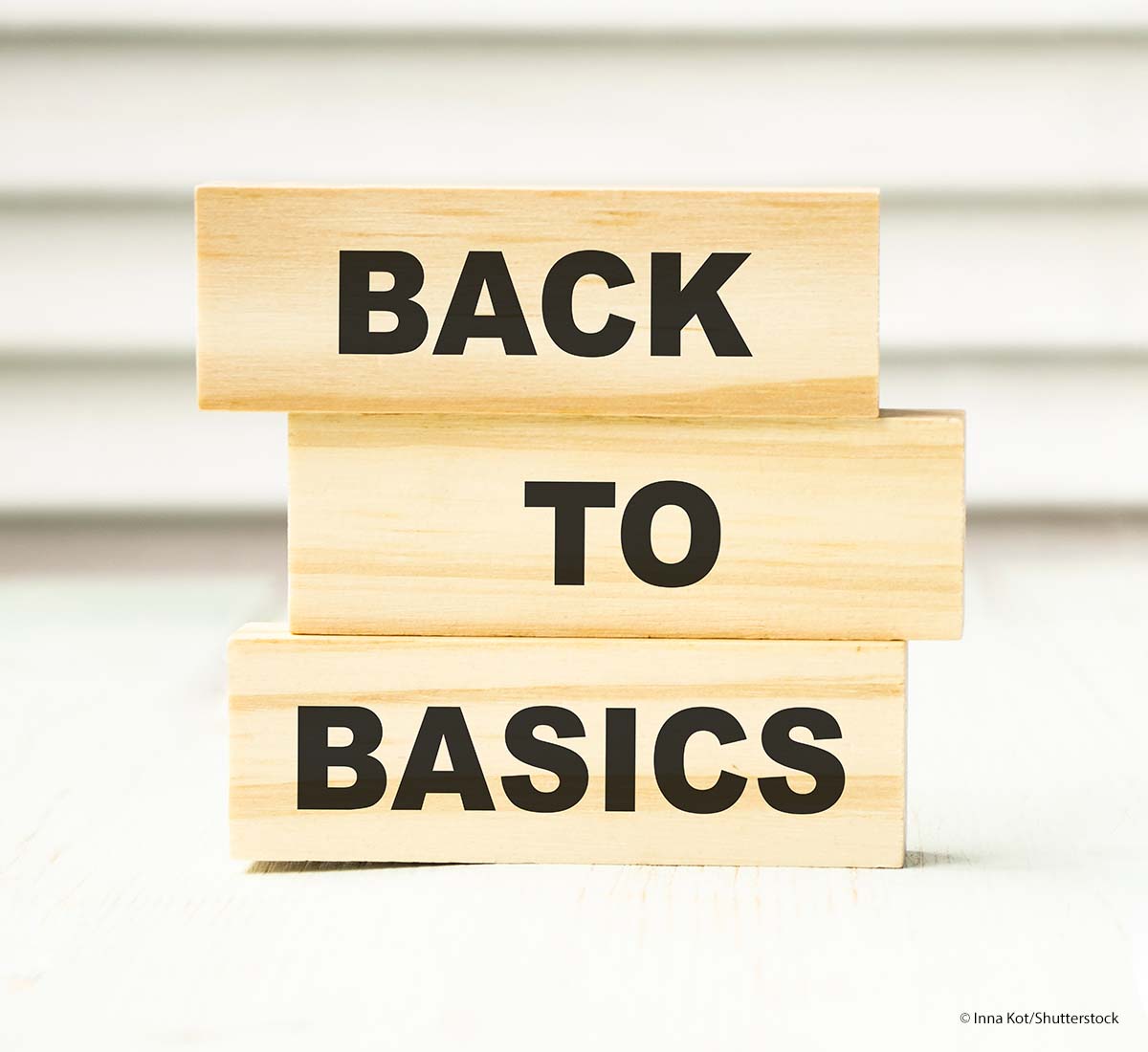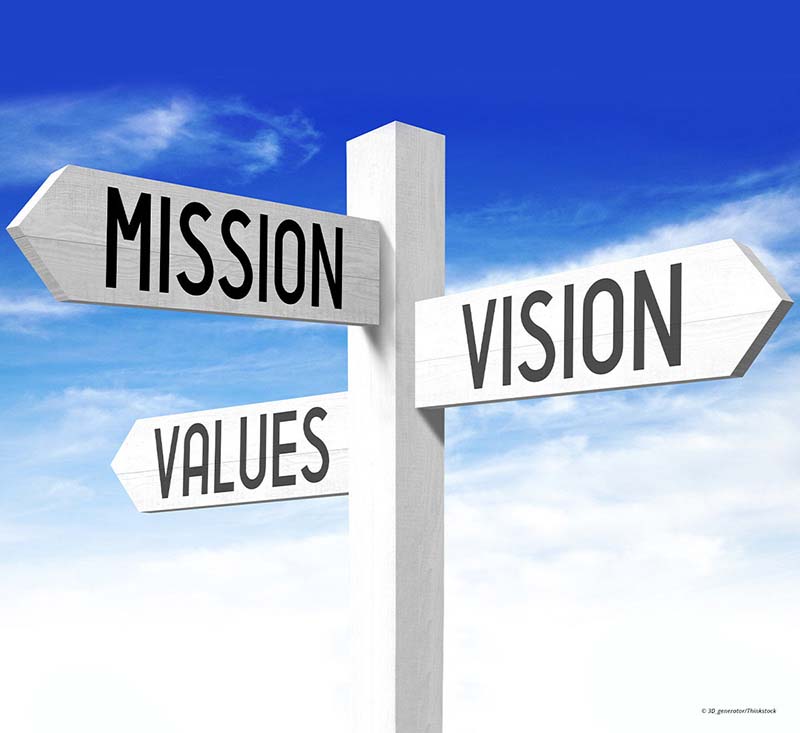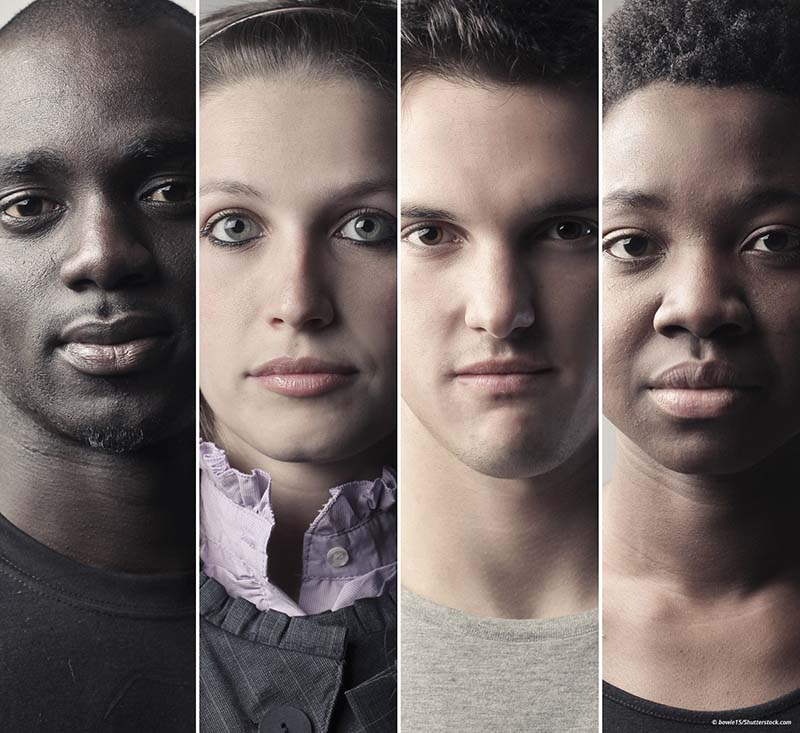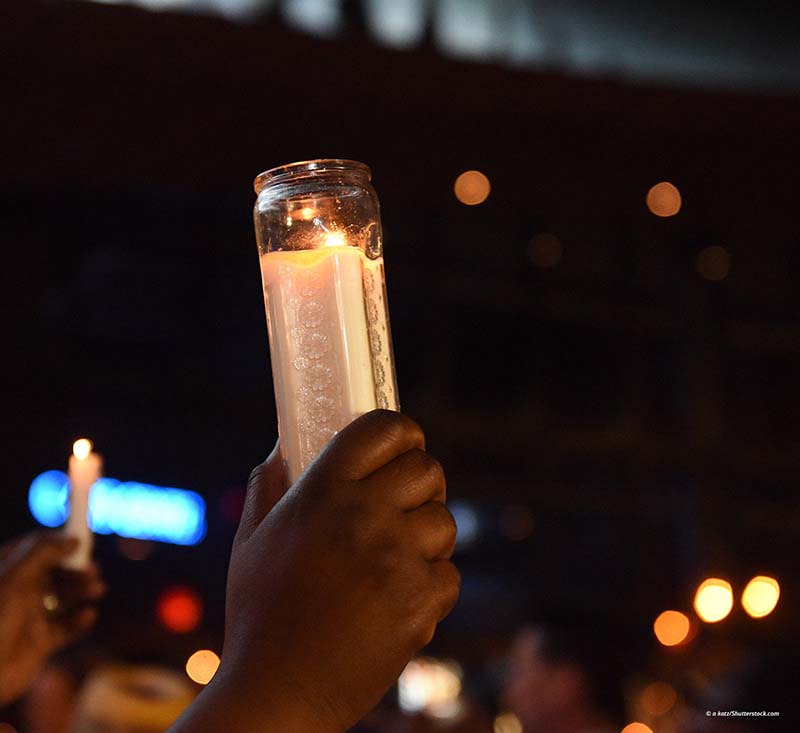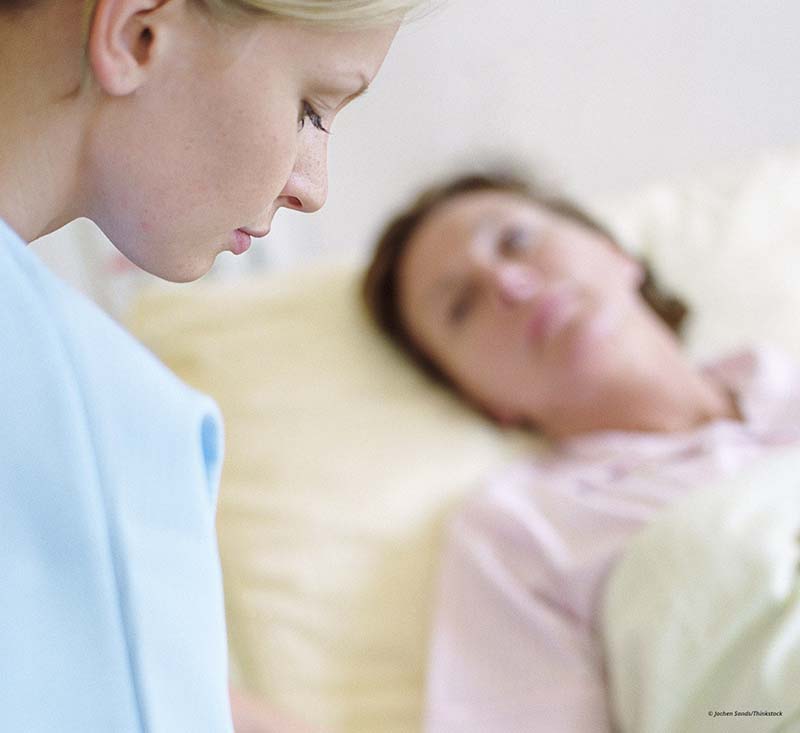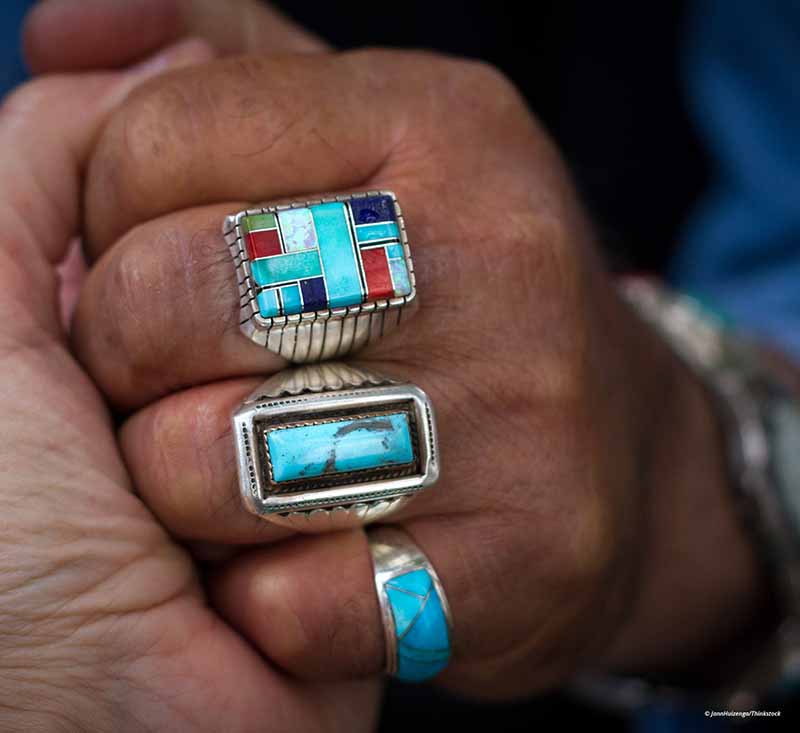Office for Victims of Crime Training and Technical Assistance Center
1902 Reston Metro Plaza, Reston, VA 20190
Phone: 1–866–OVC–TTAC (1–866–682–8822)
TTY: 1–866–682–8880
Fax: 703–225–2338
Email: TTAC@ovcttac.org
The Office for Victims of Crime Training and Technical Assistance Center is a component of the Office for Victims of Crime, Office of Justice Programs, U.S. Department of Justice.
OVC TTAC is operated by ICF Incorporated, L.L.C. under the Office of Justice Programs/Office for Victims of Crime Victim Services Training and Technical Assistance Center (VSTTA) contract GS00F010CA/15PVCD23F00000007 and Technical Assistance Collective (TAC) contract GS00F010CA/15PVCD23F00000008.
OVC TTAC neither endorses, has any responsibility for, nor exercises any control over the organizations' views or the accuracy of the information contained in those pages outside of the OVC TTAC website.
Accessibility | Plain Language | Privacy Policy | Legal Policies and Disclaimer | No FEAR Act | Freedom of Information Act | USA.gov | Justice.gov



Last updated on: April 25, 2024











